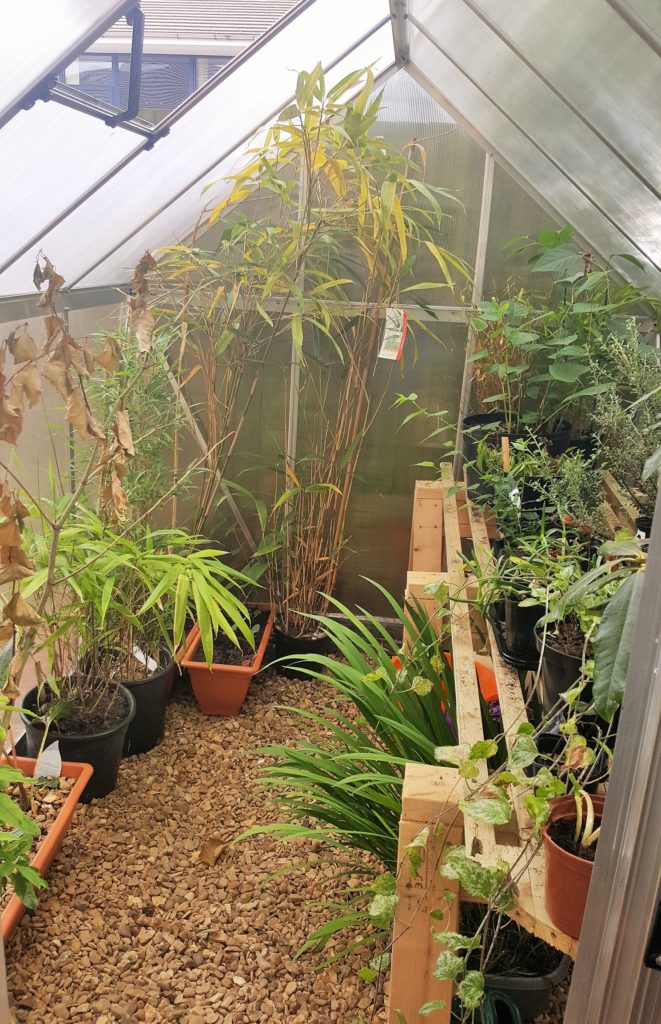National trade body’s live demo for invasive weeds
A national trade body has brought together a range of non-native invasive weeds under one roof to help property professionals improve their identification skills.
Japanese knotweed, American skunk cabbage and Three-cornered garlic are just some of the plants being cultivated in the Property Care Association’s specially-commissioned ‘non-native’ greenhouse.
The new facility is home to 20 plant species and varieties, being put on show as part of the PCA’s training and development programme.

Dr. Peter Fitzsimons
Dr Peter Fitzsimons, Invasive Weed Control Group Technical Manager of the PCA, said:
“The greenhouse will play a useful role in helping those on our training programmes to accurately identify invasive, non-native weeds in a controlled environment.
“By curating these plants in one location we can accelerate learning regarding weed species.”
To create the greenhouse, PCA has introduced a number of controls to contain the spread of the plants.
Dr Fitzsimons added:
“We’ve built the greenhouse over an impervious root barrier membrane to contain the highly penetrating roots of some of the specimens, particularly the bamboos and Japanese knotweed.
“We also need to carefully collect any plant waste and ensure this is disposed using a licenced waste carrier.”
The greenhouse will be operational for the PCA’s inaugural ‘Invasive Plant Identification Course.’

Invasive greenhouse
Offering a comprehensive overview of the key issues surrounding certain plants listed on Schedule 9 of Section 14 of the Wildlife and Countryside Act, the first course takes place on Thursday, August 1, at the PCA’s training centre, in Huntingdon.
The cost is £295 plus VAT for PCA members, and £345 plus VAT for those not in membership of the association.
More information and booking details can be found at www.property-care.org/training-qualifications/training-courses/invasive-plant-identification/
Participants also receive a free copy of both ‘Practical Management of Invasive Non-Native Weed in Britain and Ireland’ and the ‘Field Guide to Invasive Plants and Animals In Britain.’
Kindly shared by Property Care Association (PCA)
















